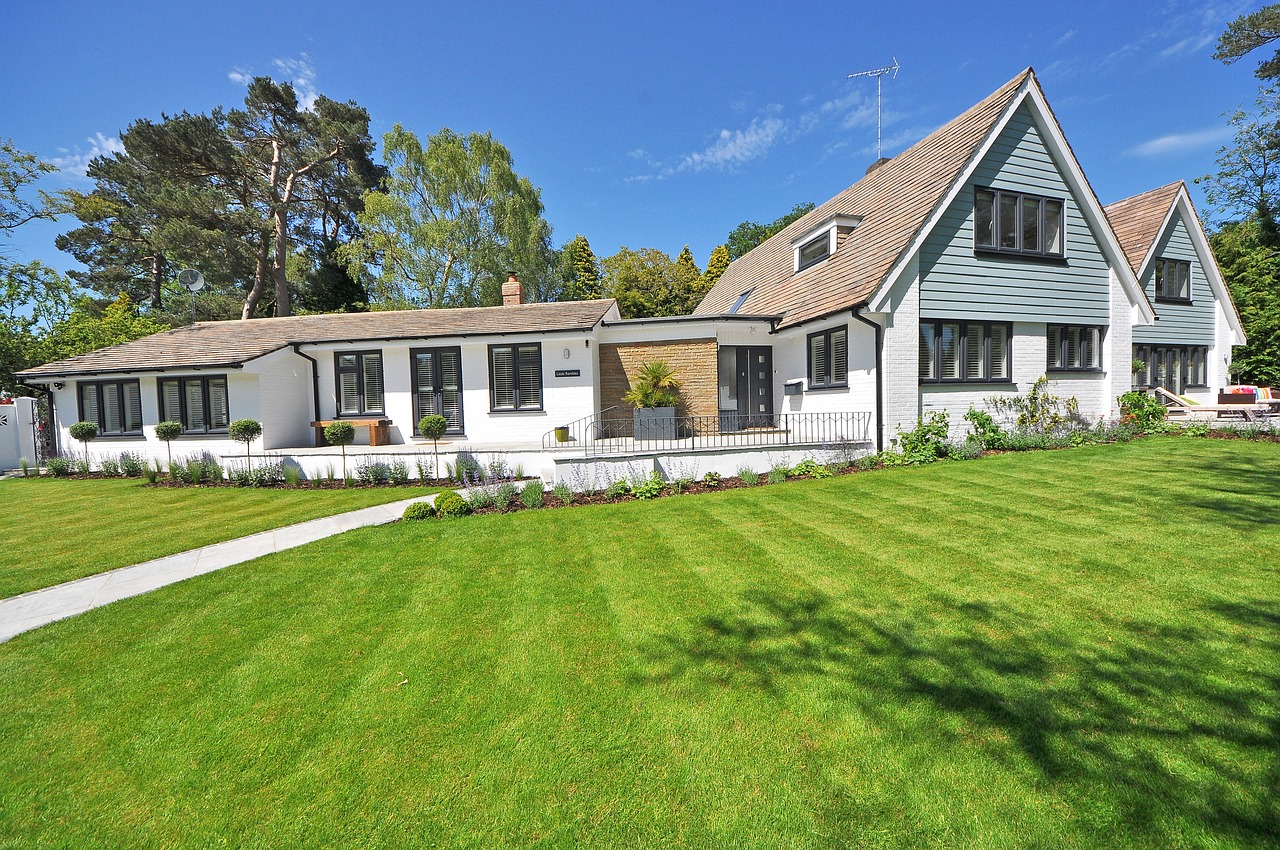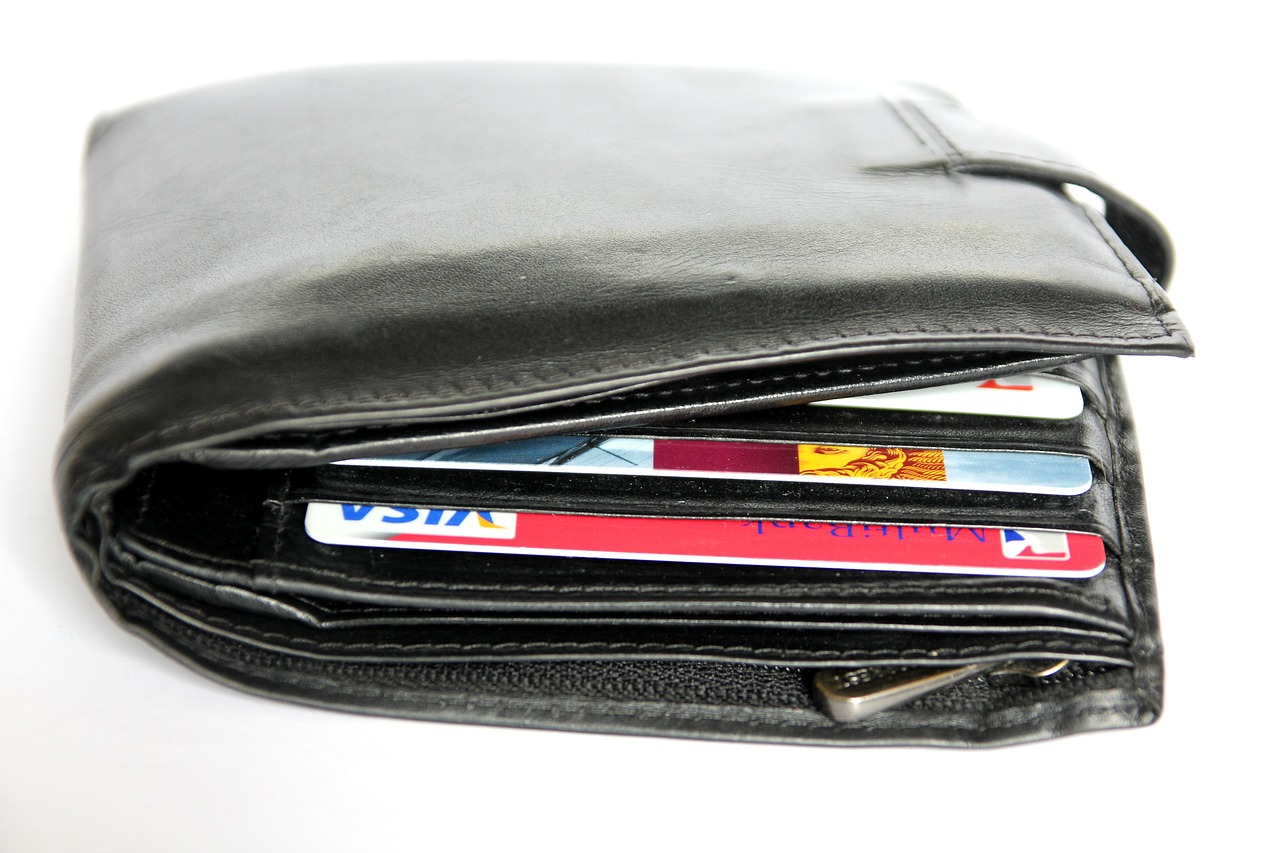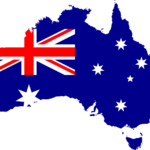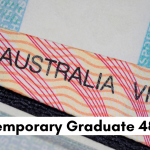Buying a house in Australia, even back home too, is a huge financial commitment you make to yourself. The excitement of buying a house comes with a big financial responsibility. Here in Australia, there are many factors you should consider before spending your lifetime income in the property. House loan you get can make the process a little easier. Even to acquire it your credit rating should be better. Apart from it, you should be mindful of deposit you need to have, affordable amount of money to borrow.

Here are the four things you need to consider before buying a house in Australia:
Proper Credit history
For buying a house, you can get a home loan in Australia. To get it you should have a clean credit history. In the case of late loan payments, bad debts your chances of getting it is slim. In the past, if you have paid the mortgage on time, you have an opportunity to get it with ease. Fair credit history is your eligibility criteria for a house loan.
Evaluate your Budget
You have to evaluate your financial status beforehand. It is not necessary that you should have enough amount of money to buy a home. What is important is confidence in you to manage your income in payment of loans, interest. You should have a decent calculation of your daily expenses and repayment of loans. You should be good enough to strike a balance between your expenditure and loan repayment. You need to make a realistic calculation of the savings amount you need to borrow, and fees you have to pay.
Read Also: Create a better plan to avoid mortgage stress

Amount of deposit
Home loaners provide the price of the house as a deposit within a range of 5% to 20%. If you are unable to manage the deposit amount, you have to pay Lender’s Mortgage Insurance. For the minimum deposit amount, you have to borrow a high loan amount and pay higher interest. It’s better you go for a bigger deposit.

How much miscellaneous fees you have to pay?
While buying a house you have to pay stamp duty which varies from state to state. Normally stamp duty is within the range of 3% to 5%. You are also required to cover fees of conveyancers (a lawyer who has expertise in the legal aspects of buying and selling housing property), a builder, and a pest inspector.











